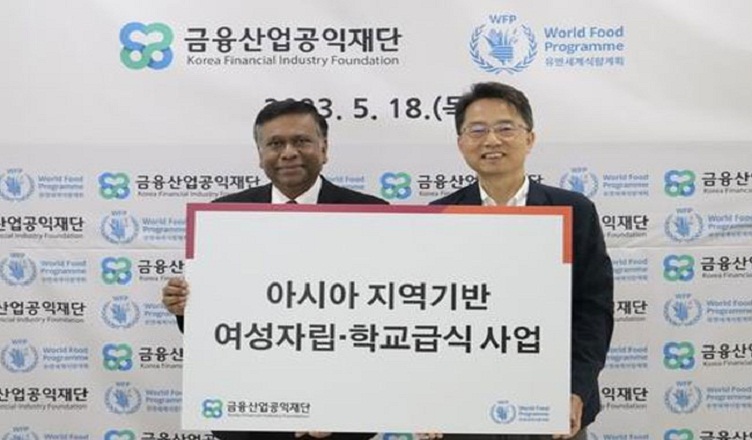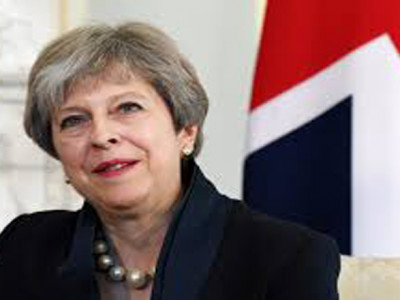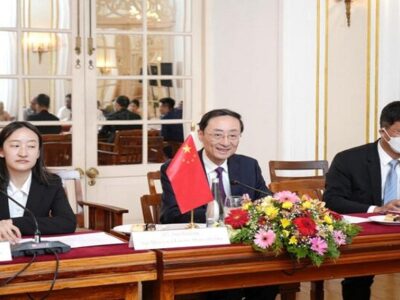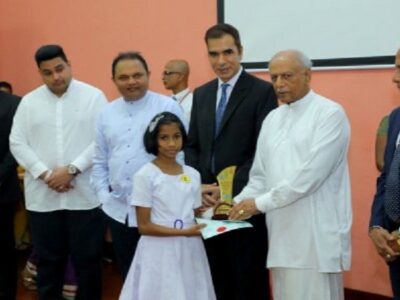(LANKAPUVATH | COLOMBO) – With Sri Lanka mired in a severe food crisis, support from South Korea is “crucial,” the South Asian country’s representative for the U.N. World Food Program (WFP) has said.
In an interview at WFP’s Seoul office Thursday, Abdur Rahim Siddiqui thanked South Korea and noted WFP’s “meaningful partnership” with the country through the Korea International Cooperation Agency (KOICA).
“Sri Lanka has been the recipient of considerable investment from Korea, with US$81 million provided in 2022-2023 to date,” Siddiqui said. “WFP, too, has engaged in a meaningful partnership with Korea since 2019, and has received US$11 million, through KOICA, towards its programs to enhance smallholder farmers’ resilience to climate change. This support has been instrumental in promoting self-reliance among climate-vulnerable farming communities while shielding them from the full effects of the country’s economic crisis.”
Siddiqui said nearly 3 in 10 households were noted as food insecure at the height of Sri Lanka’s economic crisis in 2022. The food crisis has come on the heels of an already vulnerable economy in light of the COVID-19 pandemic. Global food and energy price increases also led to inflation in Sri Lanka, Siddiqui added.
He also said significant increases in food and fuel prices over the past year are forcing more than half of Sri Lankan households to adopt negative coping strategies, such as buying cheaper food to deal with reduced incomes.
“The support of partners like Korea is crucial to Sri Lanka’s recovery,” Siddiqui said. “By providing humanitarian actors with adequate resources, Korea can be instrumental in building sustainable solutions, strengthen food systems and help lift people out of the vicious cycle of poverty, food insecurity and malnutrition.”
Siddiqui was in South Korea to sign an agreement with the Korea Financial Industry Foundation, which will contribute 1 billion won (US$754,600) over the next 30 months to the WFP Sri Lanka Home Grown School Feeding project.
“Through this, WFP supports school meal caterers to grow, produce and rear poultry for eggs in their own home gardens,” Siddiqui said. “This helps caterers overcome the challenge of rising food prices, while ensuring that children receive fresh, nutritious and diverse meals in school.”
The project began in March 2020 in two vulnerable regions, Monaragala in southern Sri Lanka and Matale in central Sri Lanka. It has since expanded to six other districts.
Source – Yonhap




